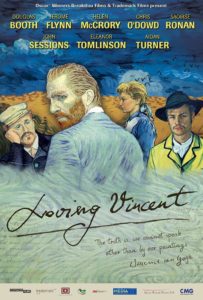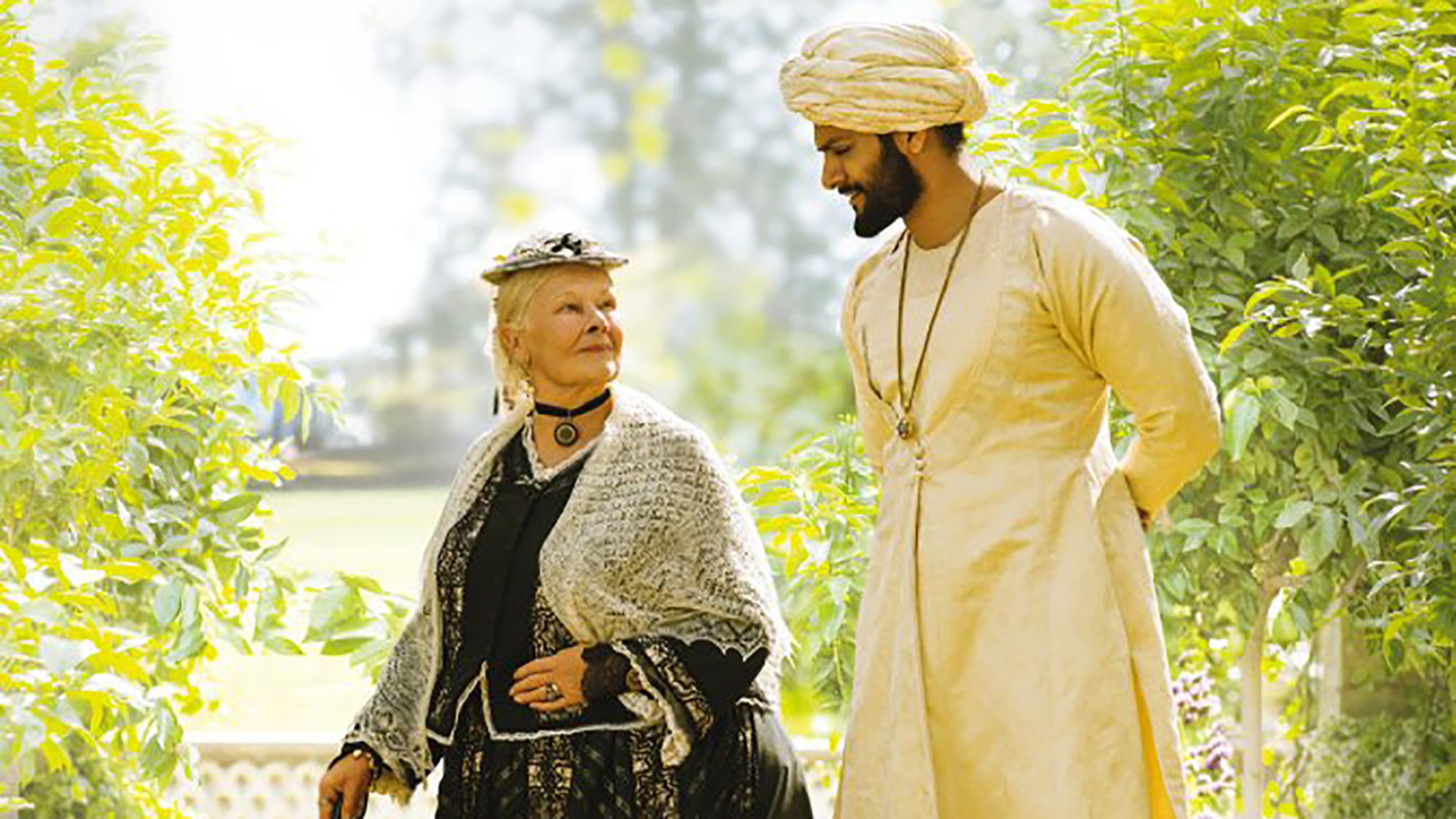American Made
Posted on September 28, 2017 at 5:42 pm
B +| Lowest Recommended Age: | Mature High Schooler |
| MPAA Rating: | Rated R for language throughout and some sexuality/nudity |
| Profanity: | Very strong and crude language |
| Alcohol/ Drugs: | Drugs and drug dealing, alcohol |
| Violence/ Scariness: | Extended peril and violence including guns, explosions, plane crash, murders, corruption |
| Diversity Issues: | None |
| Date Released to Theaters: | September 29, 2017 |
| Date Released to DVD: | January 1, 2018 |
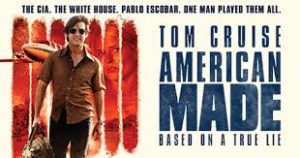
Director Doug Liman is not just the man behind stylish, politically savvy, exceptionally well-constructed action films like four “Bourne” films, “Mr. and Mrs. Smith,” and the under-appreciated “Edge of Tomorrow.” He is also the son of the late Arthur Liman, the legendary Washington lawyer who was chief counsel for the United States Senate Select Committee on Secret Military Assistance to Iran and the Nicaraguan Opposition, better known as Iran-Contra. His new film, “American Made,” is stylish, politically savvy, exceptionally well-constructed, and a smarter, more compelling take than the media on the real-life events his father helped uncover.
And he could not have chosen better than his “Edge of Tomorrow” star Tom Cruise, back from the dreary “Mummy,” and doing what he does best as the charming bad boy with a gift for flying and a need for speed, Barry Seal.
Even as the youngest pilot in TWA history, Seal is bored taking planes full of passengers back and forth to Bakersfield and Vancouver. So when a red-headed man with a beard named Schafer (Domhnall Gleeson) who seems to know everything about him shows up and asks if he’d like to do some flying for his country, and shows him the super-fast plane they’d let him fly, he accepts. “We’re building nations!” Schafer tells him. “All this is legal?” Seal asks for the first and last time. “If you’re doing it for the good guys,” Schafer tells him. “Just don’t get caught.” At first it is just reconnaissance, but then he starts some deliveries: cash in exchange for information. His contact is a Panamanian Colonel named Noriega. The CIA does not exactly mind. When Seal asks if a bag filled with cash in the hanger is his, Schafer smiles, “What bag?”
Word gets around about “the gringo who delivers,” and Seal is conscripted by three young, ambitious drug dealers to help them ship their product to the United States. One of them is named Pablo Escobar. Eventually, he is also delivering guns, as the CIA decides they should arm peasants to help them fight communists, though the peasants would rather sell the guns for money and, after Seal begins to bring them to the US for training in military operations, escape to live in America.
Like his antihero, Liman has great energy and panache, with a cheeky storytelling style that matches Seal, who can say (twice) “I tend to leap before I look” without an atom of ruefulness. “Do you trust me?” he asks his skeptical wife (Sarah Wright), with that Tom Cruise grin. “No!” she says, quite reasonably. So, she packs up in the middle of the night and moves with him when he tells her they have to go. He does not tell her it is because they are going to be arrested at dawn, but she gets the picture.
Seal is a cheerful rascal, but the movie shows us that he is more honest than the politicians and intelligence community. Jimmy Carter and Ronald Reagan appear in archival footage, and Robert Farrior appears as Oliver North. Guns go back and forth from the Soviets to the PLO to the Israelis to the Contras to the drug cartel, and Seal gets paid, in cash, at almost every stop. Even after a family member is assassinated, “Godfather”-style, he “just keeps delivering that pizza.” And it is in no one’s interest to stop him. The community appreciates his business (the bank gives him his own vault), his job creation, and his generosity (there’s a Seal baseball field for the kids). Until it doesn’t work.
This is a smart, exciting, funny, and surprisingly sharp story, very much of its era, and very much of ours as well.
Parents should know that this film has extended peril and violence including guns, explosions, murders, plane crash, drugs and drug dealing, corruption, some strong language, reckless behavior, explicit sexual situations and nudity.
Family discussion: Who are the worst criminals in this story? Who, if anyone, is the hero?
If you like this, try: “Blow” and “Kill the Messenger”

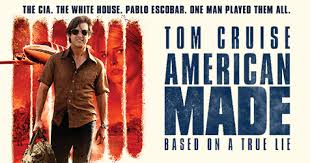
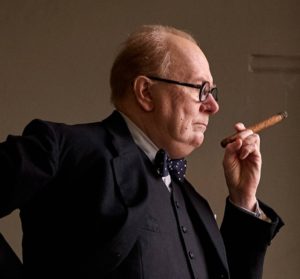 The Middleburg Film Festival announced today the riveting wartime drama DARKEST HOUR, starring Academy Award©-nominated actor Gary Oldman as Winston Churchill, will open the festival on Thursday, October 19. Actor Ben Mendelsohn, who portrays King George VI, screenwriter Anthony McCarten, and producer Lisa Bruce will participate in a conversation following the screening.
The Middleburg Film Festival announced today the riveting wartime drama DARKEST HOUR, starring Academy Award©-nominated actor Gary Oldman as Winston Churchill, will open the festival on Thursday, October 19. Actor Ben Mendelsohn, who portrays King George VI, screenwriter Anthony McCarten, and producer Lisa Bruce will participate in a conversation following the screening.